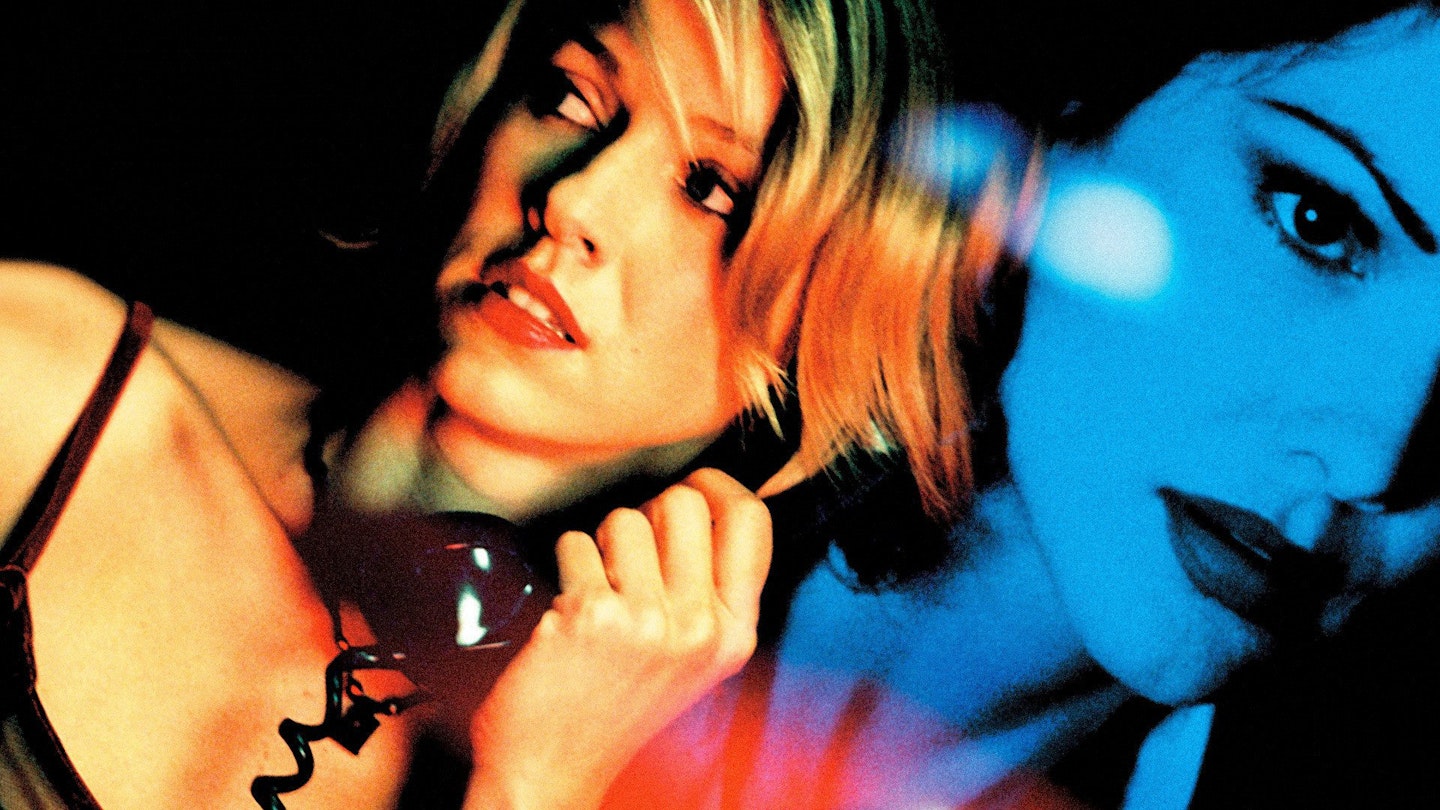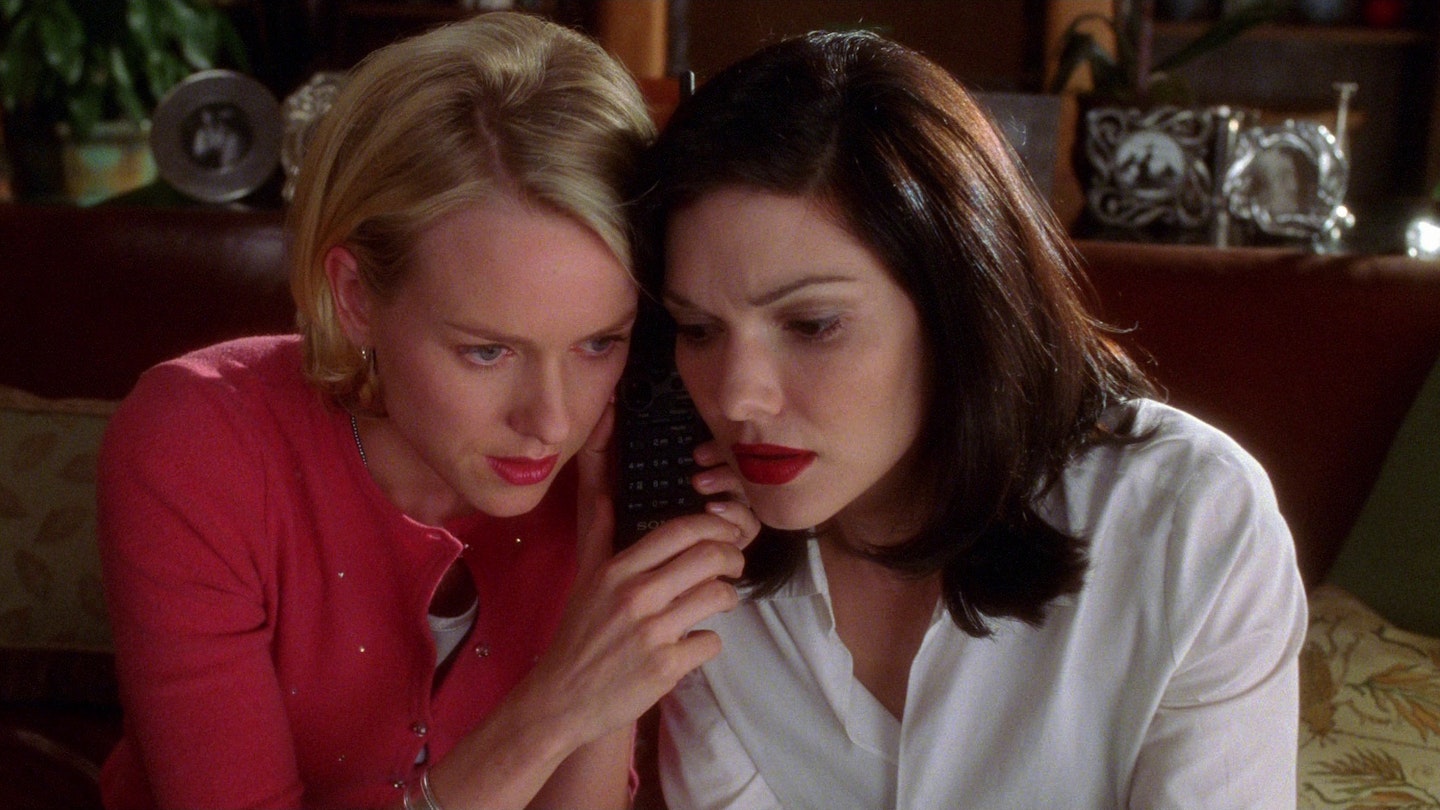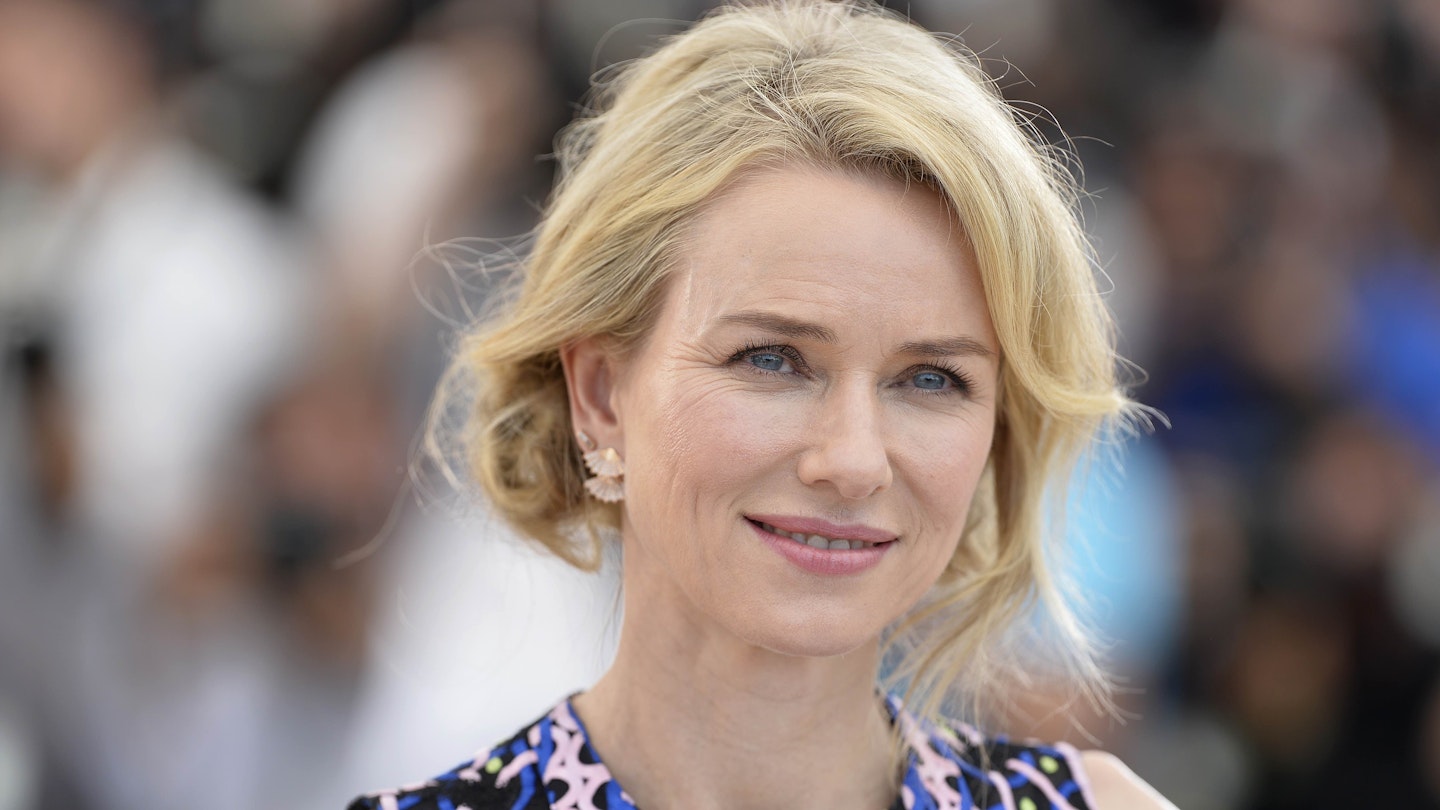For some, The Straight Story was evidence that David Lynch was at last emerging from the twisted obsessions of his oeuvre thus far. The director's elegiac ode to one man and his lawn tractor embraced some of the more established conventions of cinema - a linear narrative structure being chief among them.
For others, the film was a moribund dalliance with the mainstream that was unforgivably lacking in Lynchian trademarks - dwarves, weird sex and the realm of nightmares that teems beneath society's veneer of normality. Those in the latter camp should rejoice, then, because in Mulholland Drive, David Lynch gets Lynchian with a vengeance.
Linear narrative is, of course, conspicuous by its absence, but in its place Lynch orchestrates a liquid, undulating dreamscape that is at once beautiful, heartrending, madly confusing and, quite honestly, awe-inspiring in its daring and execution.
Set in a hyper-noir L.A., enveloped in night the colour and texture of a bruise, the film pulsates with disquiet. And with the waving, anemone strands of its storylines, Lynch weaves a tapestry of unease.
Occasionally sequences descend into bizarre farce or climax with the horror that they appear to promise. But more often events proceed with mounting, unaccountable menace. One of the most disturbing scenes, almost unbearably portentous, involves Naomi Watts simply making a cup of coffee.
At a point where the plot seems poised on the brink of resolution, the film suddenly folds in on itself, literally disappearing into a black hole from which it reappears more contrary than ever. That this is, in fact, the twist that binds the threads together probably won't occur to you until long after the credits roll. But then, this isn't a film to be followed in the traditional sense; it's one to let wash over you, one to wallow in.






